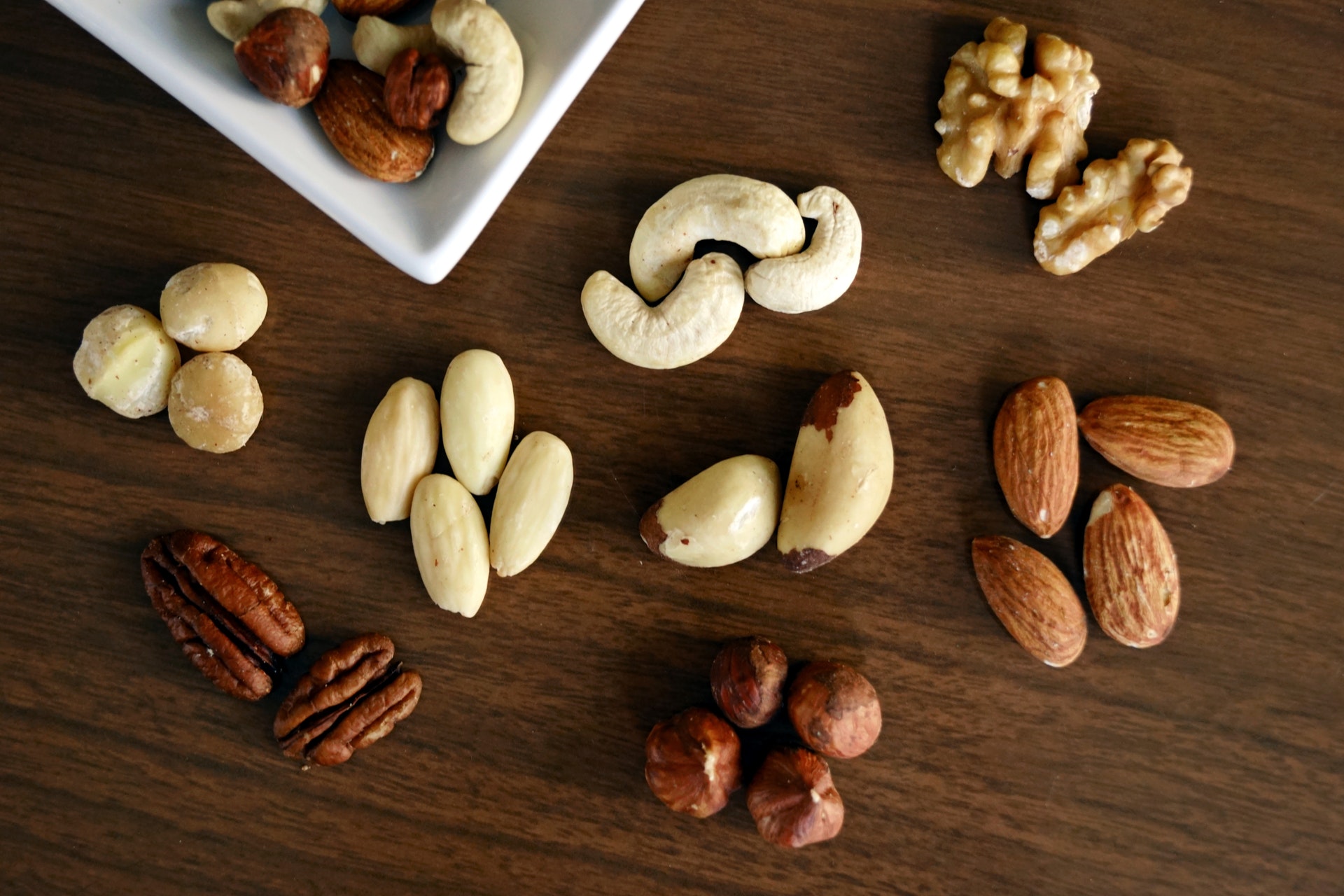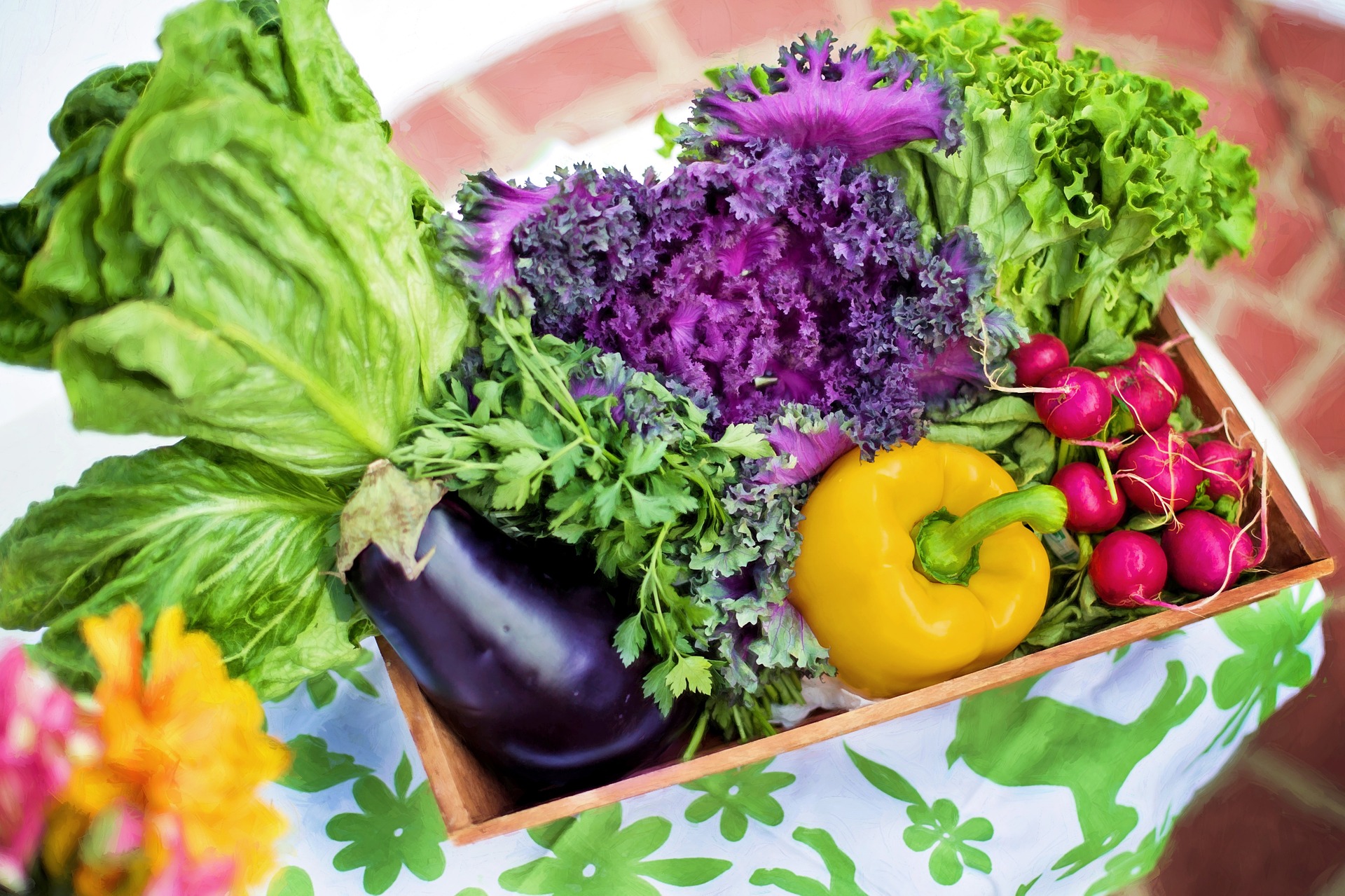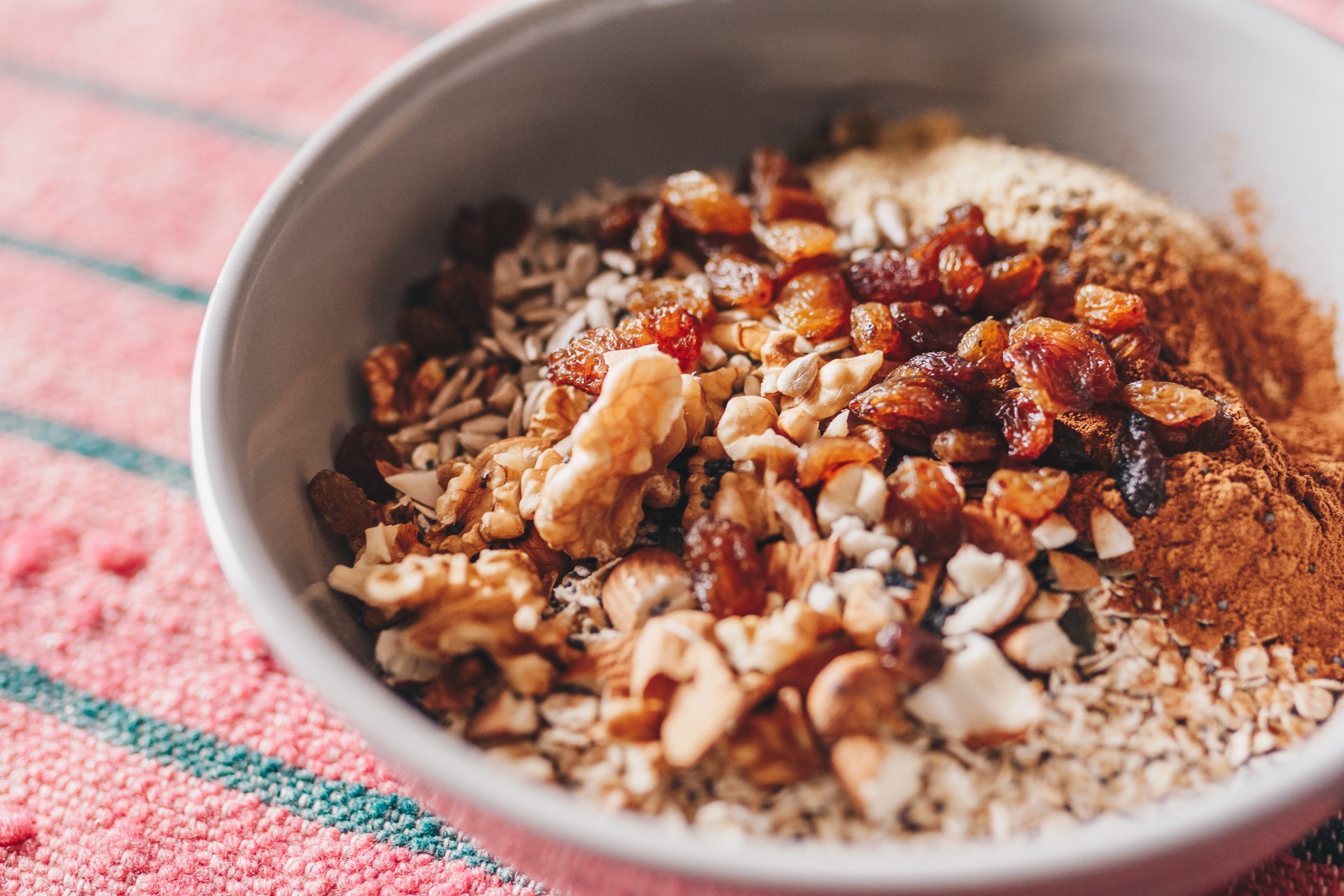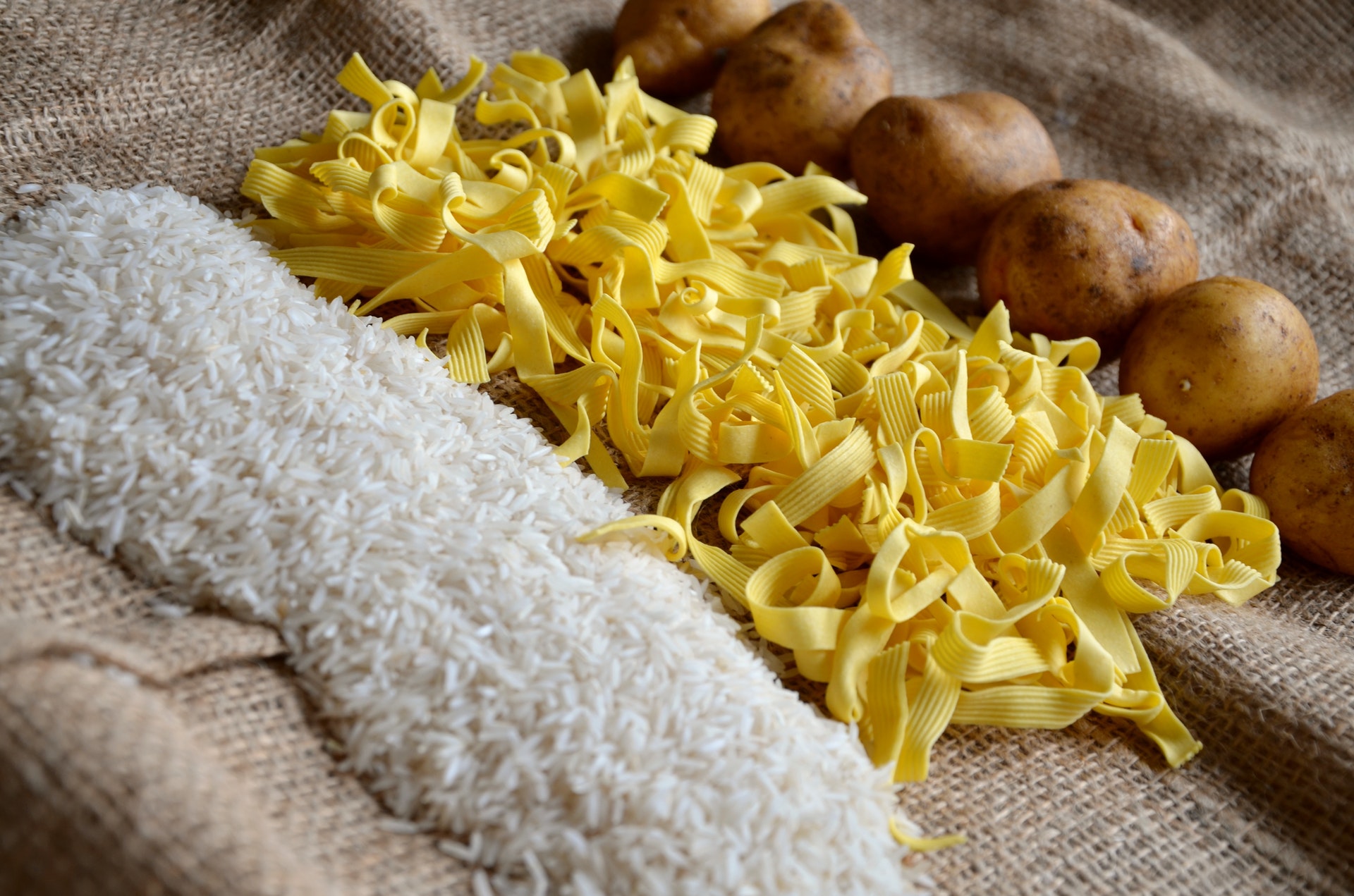This post was originally published in October 2018. Updated in November 2022.
Consuming low sodium foods daily is something you should not think twice about, especially if you have chronic health issues.
Sodium is found naturally in food. It has a very effective role in maintaining normal fluid balance in our bodies. However, eating too much salt causes water retention, high blood pressure,
You can successfully control high blood pressure, kidney disease, or heart problems by eating low sodium foods.
In this article, I will include the top foods that are low in sodium so you can add them to your diet, how much salt your body needs, what to do to cut down on salt, and which foods you should avoid.
Let’s get started…
Table of Contents
How Much Salt Is Too Much?
Salt is the main source of sodium. The American Heart Association recommends no more than one teaspoon of salt daily, which contains about 2,3oo milligrams of sodium.
But consuming less than 1,500 mg of sodium per day is ideal if you have health problems.
Keep in mind to check with your doctor the right amount to consume daily if you have a chronic health condition as the amount may vary from one person to another.
Top 8 Low Sodium Foods To Consume:
1- Potatoes And Sweet Potatoes
Sweet Potatoes and Potatoes are good for your health because they are rich in potassium and low in sodium.
How To consume Them? You can bake them in the oven and add fresh herbs or spices to them instead of salt. You can have them for breakfast or lunch.
2- Nuts

Nuts are an excellent source of protein, healthy fats, and fiber. Plus, they contain no sodium, can keep you satiated, and help lower cholesterol levels. This makes nuts the best snack for people with heart issues.
You can eat nuts and seeds daily but avoid consuming roasted nuts or seeds with added salt as they have high levels of salt, and this can affect your blood pressure and therefore your heart health.
Related: 6 Homemade Protein Bars Recipes That Are Healthy & Tasty
3- Dairy Products
Dairy products are full of protein, calcium, minerals, and vitamins. They can improve your overall health and provide your body with enough nutrients.
But some dairy products like cottage cheese, processed cheese, and buttermilk are high in salt so you should avoid them if you wanna maintain your heart health.
So what to consume instead:
- Yogurt. You can add some nuts, fruits, or vegetables to it instead of eating it plain.
- Milk.
- Cream cheese.
- Mozzarella.
- Ricotta cheese.
- Low-sodium cheese.
4- Protein
Fresh beef, poultry, and seafood are low in sodium and highly nutritious. They are rich in protein, minerals, and vitamins that your body needs to maintain its health.
So what to add to your diet?
- Chicken breasts without skin.
- Skinless turkey breasts.
- Frozen or fresh fish.
- Eggs.
- Lean cuts of beef.
- Pork.
- Oil or water-canned fish, make sure to check the nutrition facts before buying. If the can contains 5% or less daily value for sodium then you can have it.
5- Vegetables And Fruits

Fruits and Vegetables are low in sodium or have no sodium at all so it’s safe to add them to your meals.
Vegetables include:
- Broccoli: It’s high in vitamin C, magnesium, and potassium which may reduce damage to arteries and help relax blood vessels.
- Lemons: They could help keep the blood vessels soft and flexible as they are rich in antioxidants that fight free radical damage and keep the body healthy.
- Celery: It may relax the artery walls and increases blood flow.
- Beetroot Juice: It can enhance the general health of your heart and boost oxygen delivery to the heart.
Fruits Include:
- Apples: They are rich in soluble fiber and low in sodium.
- Bananas: Eating two bananas daily for a week can lower blood pressure by 10%.
- Fresh Tomatoes: They are rich in lycopene which helps reduce blood pressure.
How To Consume Them? You can have fresh or frozen vegetables and fruits safely. You can also consume canned vegetables with no salt added and dried or canned fruits with no added sugar.
6- Whole Grains

Always check the label before buying any products. Opt for products with 5% or less daily value for sodium.
So What To Add to your diet?
- Oats are great for your health as they can lower blood pressure and reduce low-density lipoprotein cholesterol (Bad Cholesterol).
- Barley is a great source of fiber that will keep you full and won’t raise your blood pressure.
- Brown or wild rice and quinoa are also low in sodium.
- Popcorn with no added salt.
- Whole-grain pasta.
- Whole-grain bread.
- Whole-grain crackers.
Related: 9 Best Low Cholesterol Foods To Consume To Keep You Healthy
7- Beans
Beans are super nutritious, they are rich in vitamins, minerals, protein, and fiber. Plus, they are low in sodium! Beans can improve digestion, curb your appetite, reduce cholesterol levels, and decrease blood pressure.
For instance, green beans are rich in vitamin C and potassium which support heart health and lower blood pressure.
But avoid canned beans as they are high in sodium, cook dry beans at home instead.
8- Dressings And Seasonings
Seasonings and dressings are like a magic tool that brings out the flavors in food and makes your dish even more delicious.
So what to add to your diet?
- Vegetable oils: olive oil, canola oil, peanut oil, soybean oil, and safflower oil.
- Unsalted margarine.
- Vinegar.
- Low-sodium salad dressings.
- “No salt added” ketchup.
- Try species, herbs, and chopped garlic or onions to season your food instead of adding salt.
- Mayonnaise.
Best Practices To Cut Down On Salt:
- Read the nutrition facts for sodium content to make sure you’re not eating too much sodium. Products with 400mg of sodium are high in sodium and not healthy.
- Don’t take medications that contain sodium.
- Season your food with herbs, spices, ginger, lemon, garlic, onion, and vinegar.
- Consume more low sodium foods.
- Cook your meals from scratch at home so you can have control over the amount of salt you will add to your food.
- Avoid using softened water because they contain salt.
- Maintain a healthy body weight as being overweight increases the risk of cardiovascular diseases and high blood pressure.
Related: 18 Extremely Simple Tips On How To Be Healthy At Any Age
What Are The Top High Sodium Foods To Avoid?

Some foods on the market contain high levels of sodium, here’s what to avoid:
- Canned Tomato Sauce.
- Pickles.
- Salted Nuts.
- Canned soup.
- Buttermilk and Processed cheese.
- C
anne d beans. - Salted Crackers.
- Pizza, Self-rising flour, and Pancakes.
- Smoked, Canned, or Salted poultry, fish, or meat.
- Bacon, Anchovies, and Sausage.
- Alcohol.
- Cooked Pasta or Rice with salt added.
- Products that are injected with a sodium solution.
- Soy Sauce.
- Salted butter.
- Ketchup and Mustard.
FAQs:
What Can You Eat On A Low Sodium Diet?
– Fresh or frozen vegetables and fruits.
– Dried beans.
– Unsalted Nuts.
– Whole Grains.
– Chicken, turkey, fish, and beef.
– Yogurt.
– Potatoes.
Are Eggs Low In Sodium?
Yes. Eggs are naturally low in sodium and super nutritious food that can support your overall health.
What Fruits Are Low In Sodium?
Fruits are one of the top low sodium foods that will maintain your health and reduce the risk of chronic health issues. So you can safely have apples, apricots, pears, bananas, etc…
The Bottom Line
Consuming low sodium foods regularly can improve your heart health and reduce high blood pressure. Your diet can impact your health directly and cause many health issues in the long run so it’s best to follow a healthy balanced diet to maintain your health.
Low sodium foods like vegetables, fruits, chicken, fish, yogurt, and unsalted nuts can keep your heart healthy and prevent complications.
